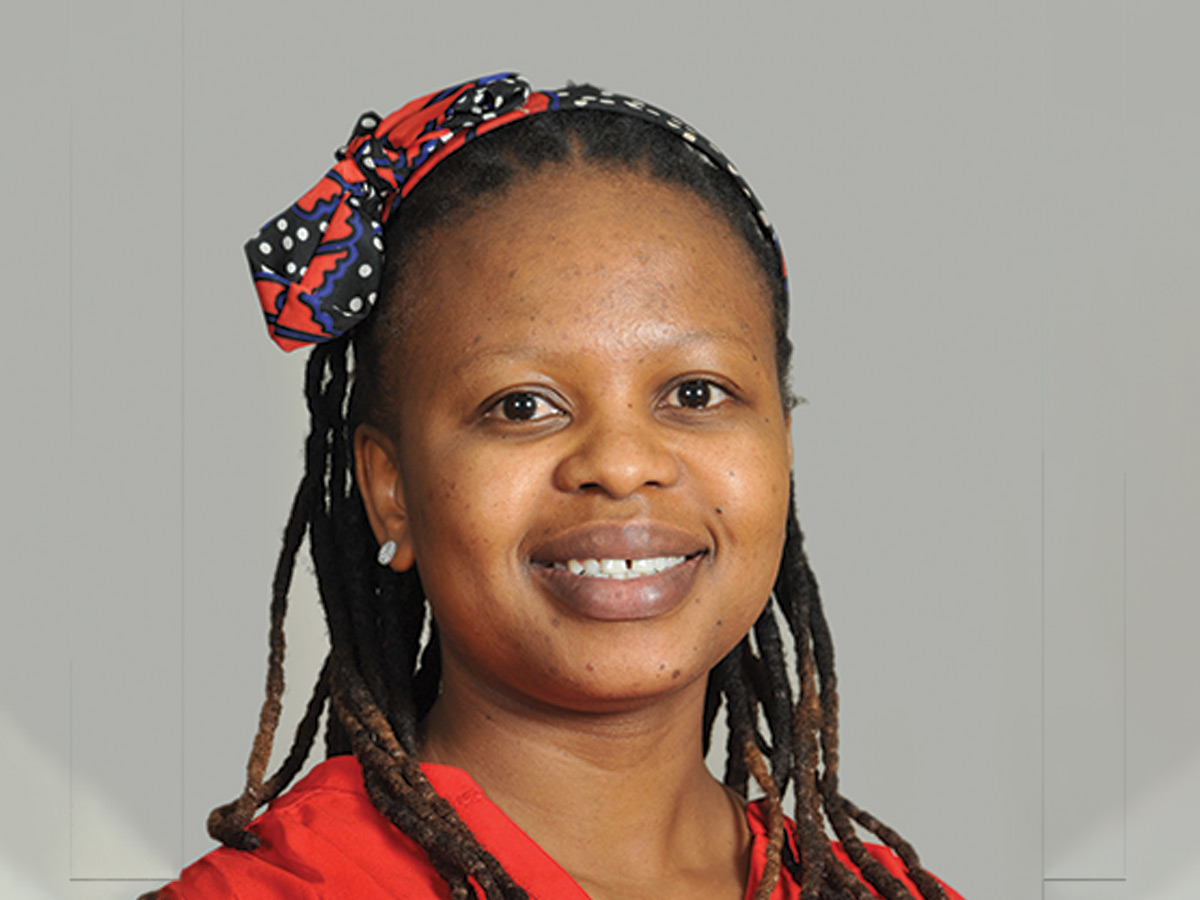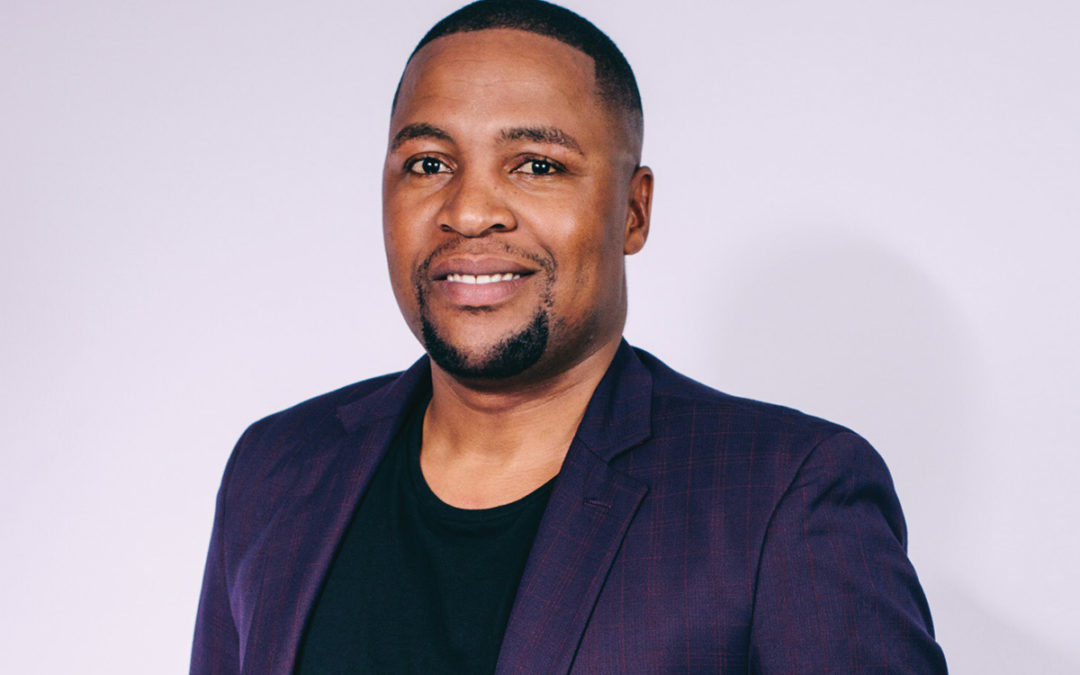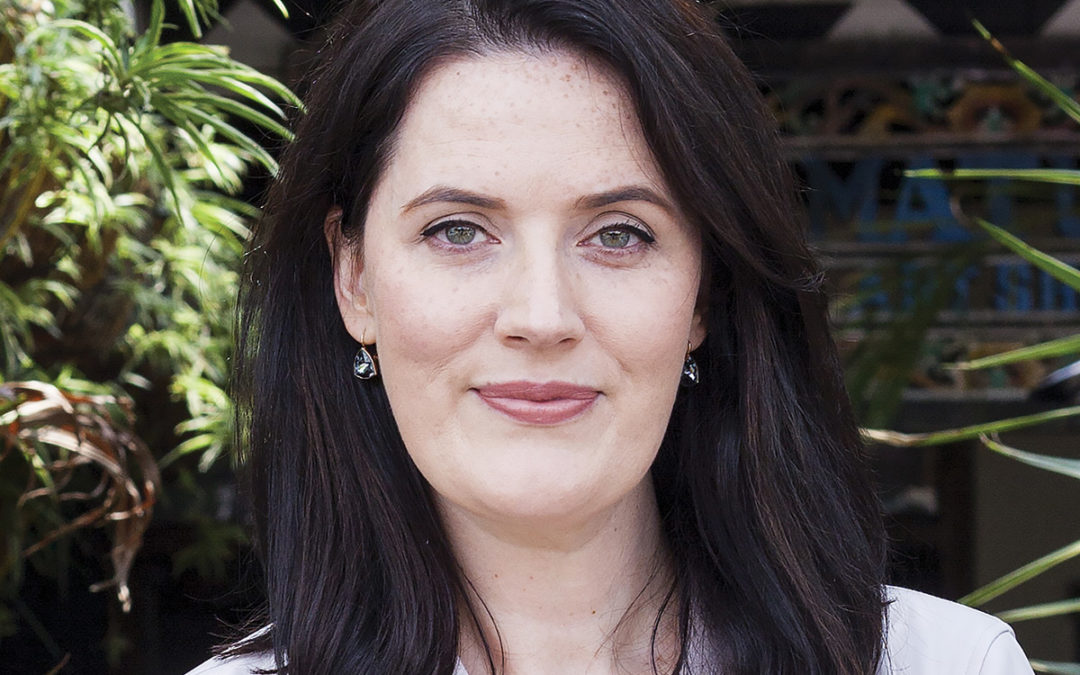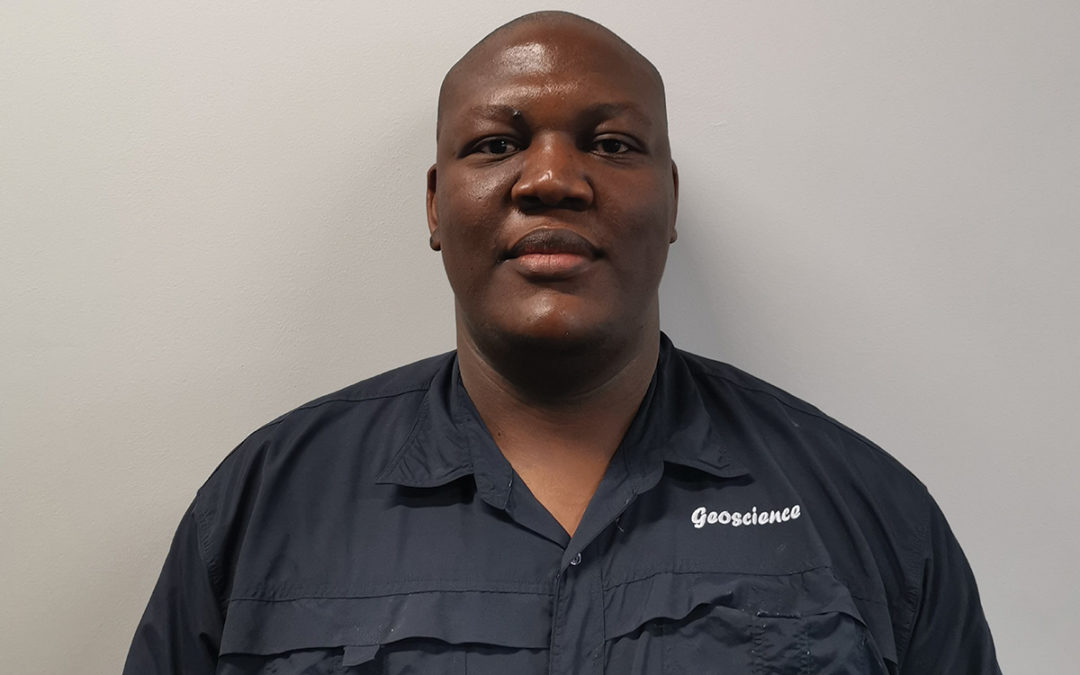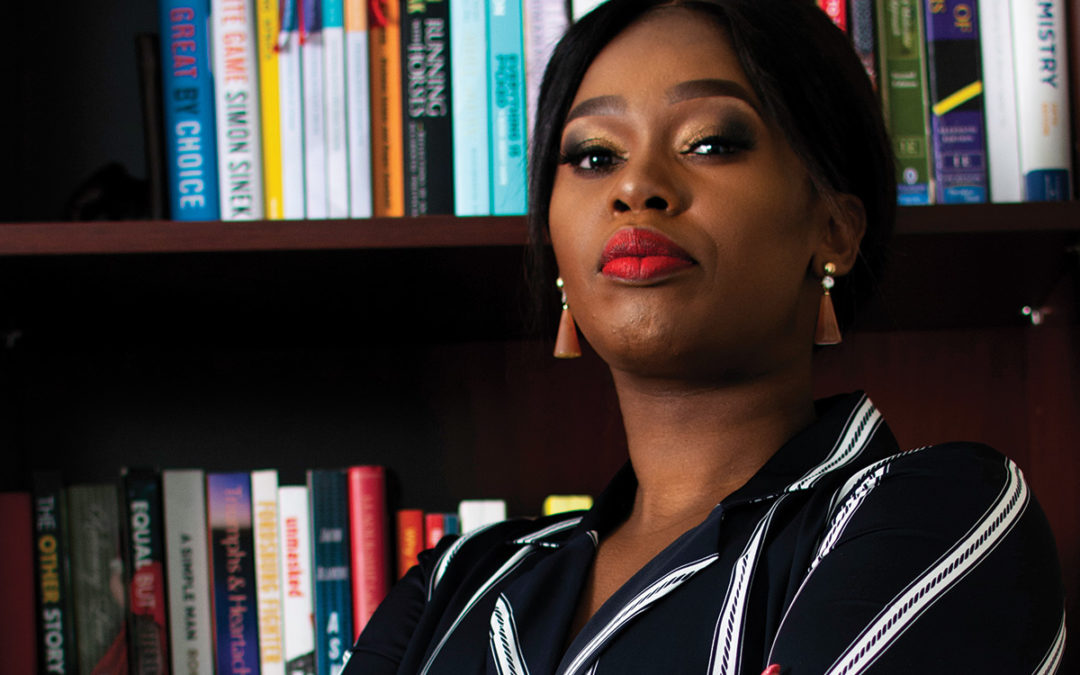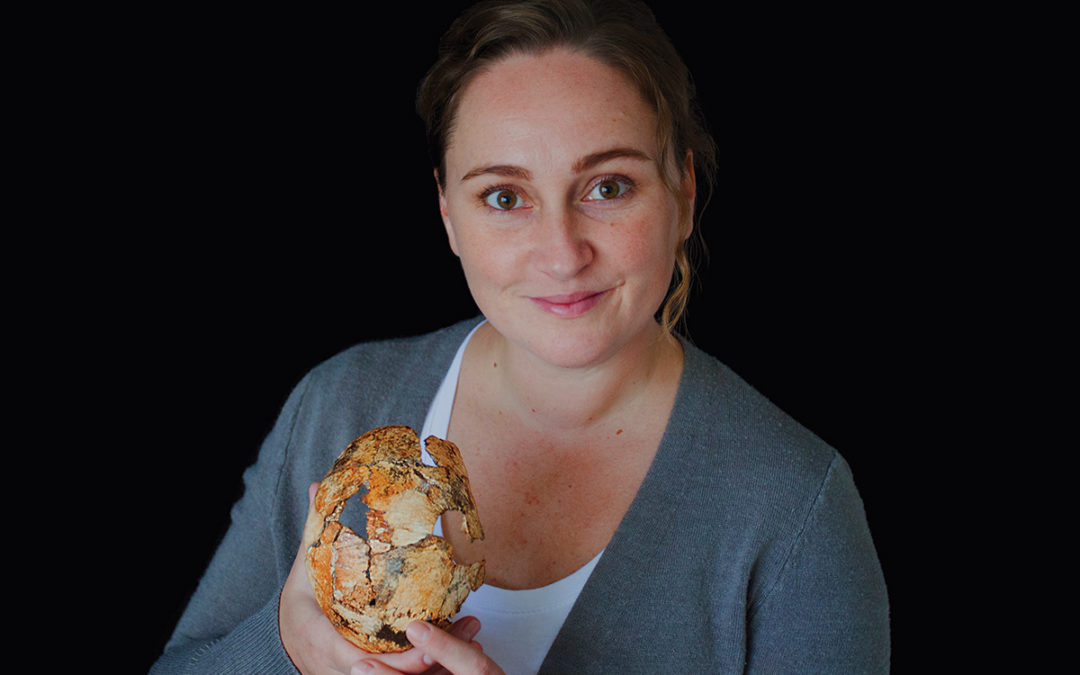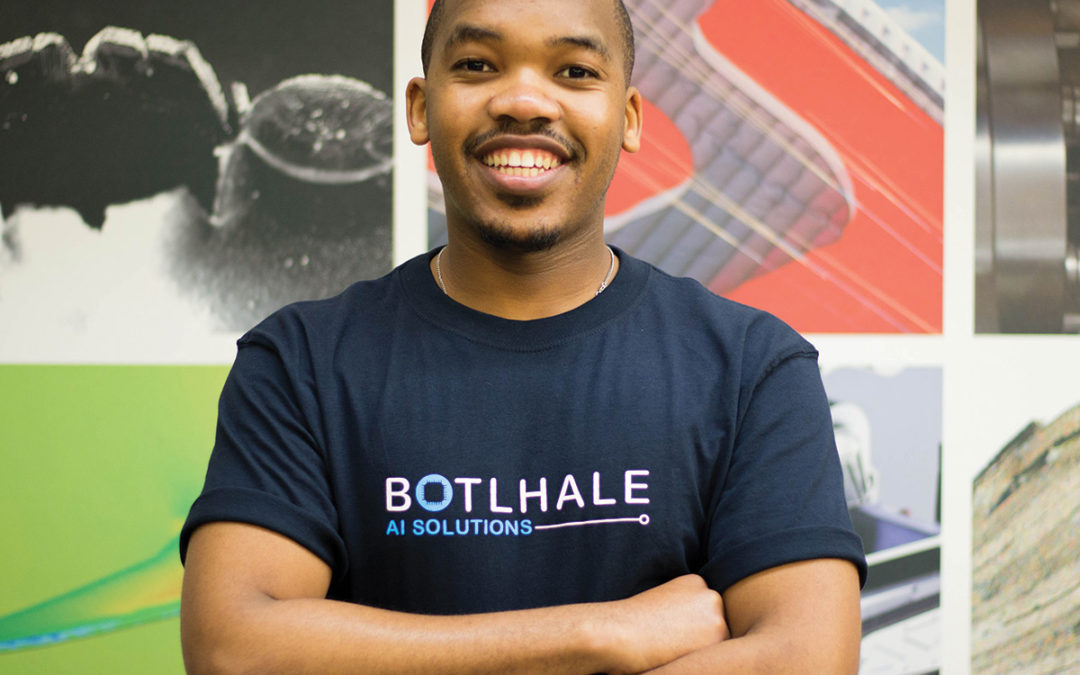Lebo Gafane-Matemane’s proudest moment to date was walking up on stage to receive her PhD at the age of 27. As she comes from a poor background and struggled financially during her undergraduate years, she never thought she would reach a milestone like this in her life. “I completed the degree while I was working full time and raising a young family, but managed to keep my focus and get it done in three years. I was so busy during the process I didn’t think much about what it would mean to me, but the day I graduated all the hours and sacrifices finally had meaning.”
This senior lecturer and researcher in physiology has since dedicated her career to curbing and hopefully curing non-communicable diseases, particularly hypertension, which is one of the major public health concerns worldwide.
“The major aim is to impact policy on the prevention, detection and efficient treatment of hypertension, especially in low-resource settings, given the complex health challenges we are currently facing.”
With a burgeoning career and a track record of seriously hard work, is there anything she would have done differently?
“Something I personally regard as a mistake was to focus solely on my academic career and pay less attention to community development. In high school I was a peer educator at Moletjie Community Radio station, which I was passionate about, but once I got to varsity I dedicated all my time and energy to my studies. I later realised I could have done both — made a difference in someone’s life while I was growing myself. But it is never too late. Since 2015 I’ve been using various platforms to mentor young women and girls pursuing science careers.”
